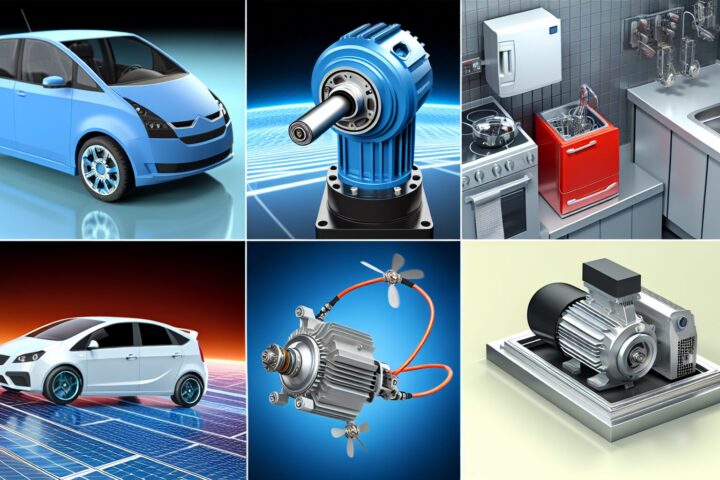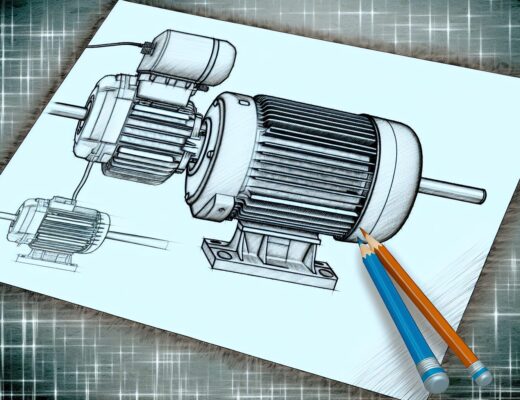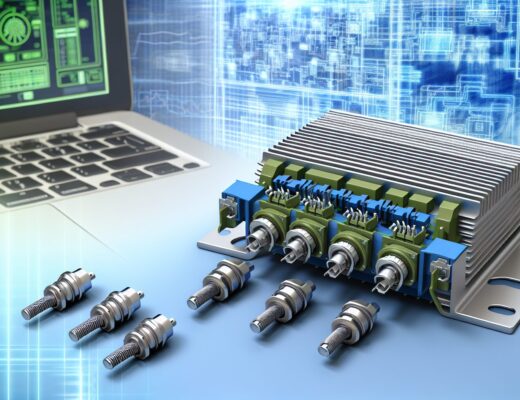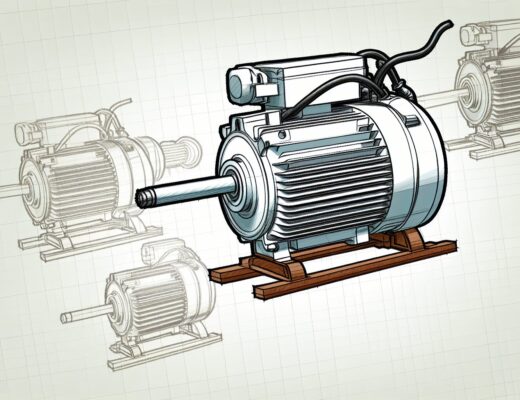Electric motors have become an integral part of modern technology, powering everything from household appliances to industrial machinery. As we continue to advance into an era that prioritizes efficiency and sustainability, the role of electric motors is increasingly vital. This article explores their functions, types, and benefits in various applications.
Types of Electric Motors
There are several types of electric motors, each serving specific applications and industries. The most common types include AC (Alternating Current) motors and DC (Direct Current) motors. AC motors are typically used in household appliances and industrial applications due to their robustness and cost-effectiveness. On the other hand, DC motors are favored for applications requiring precise speed control, such as in robotics and electric vehicles. Understanding the differences and use cases of these motors is crucial for selecting the right solution for your needs.
To delve deeper into the functionality of electric motors, we can turn to resources like this informative video demonstrating different types:
.
Electric motors also come with several advantages, including energy efficiency, minimal maintenance, and high reliability. As energy costs rise and environmental concerns grow, businesses and consumers alike are increasingly drawn to the benefits of electric motor technology. By utilizing electric motors, companies can reduce operational costs while minimizing their carbon footprint, ultimately contributing to a more sustainable future. For more detailed information about electric motors, visit electric motors.
In conclusion, the evolution of electric motors has paved the way for a multitude of applications in our daily lives and industries. Their efficiency, versatility, and sustainability make them a prime choice for future technological advancements. To learn more about how electric motors can benefit you or your business, check out VYBO Electric.




